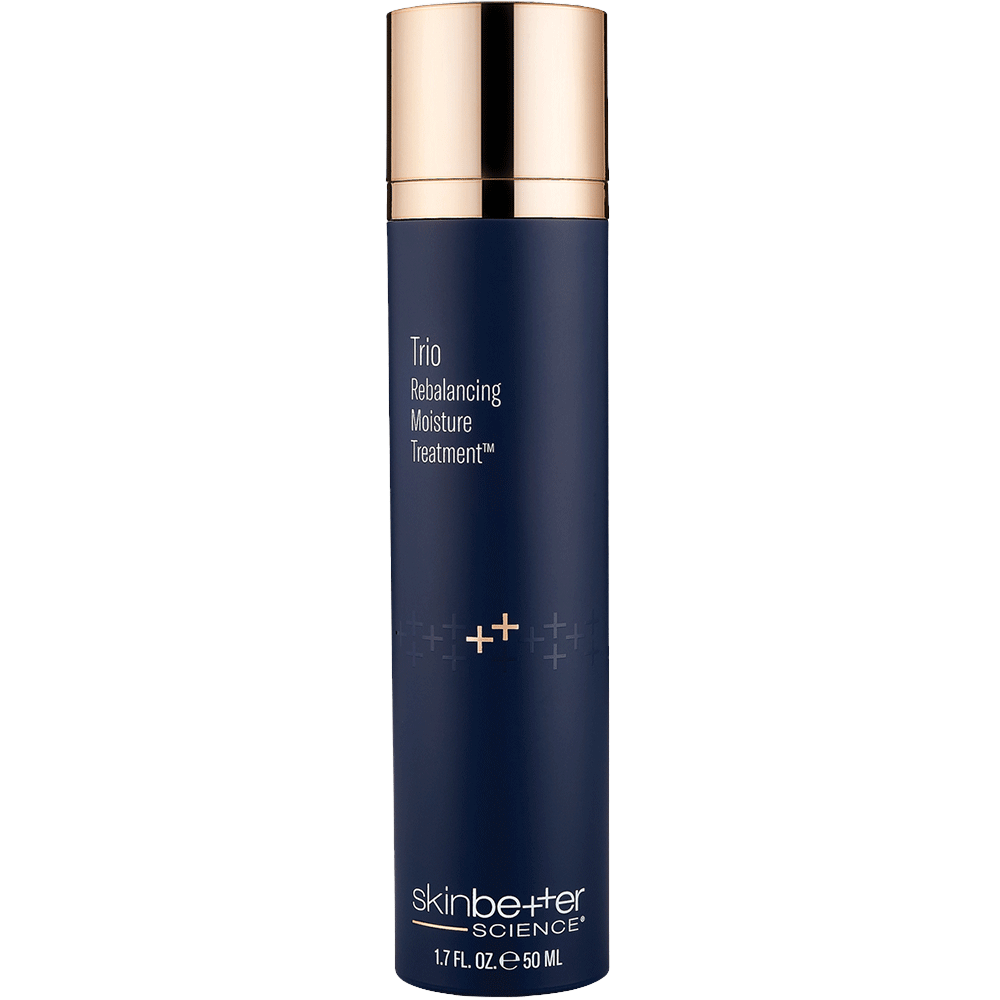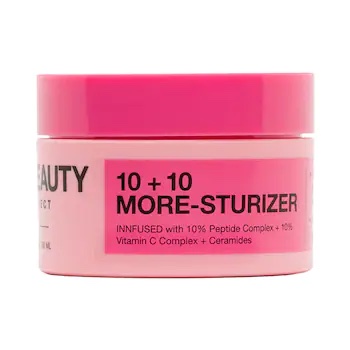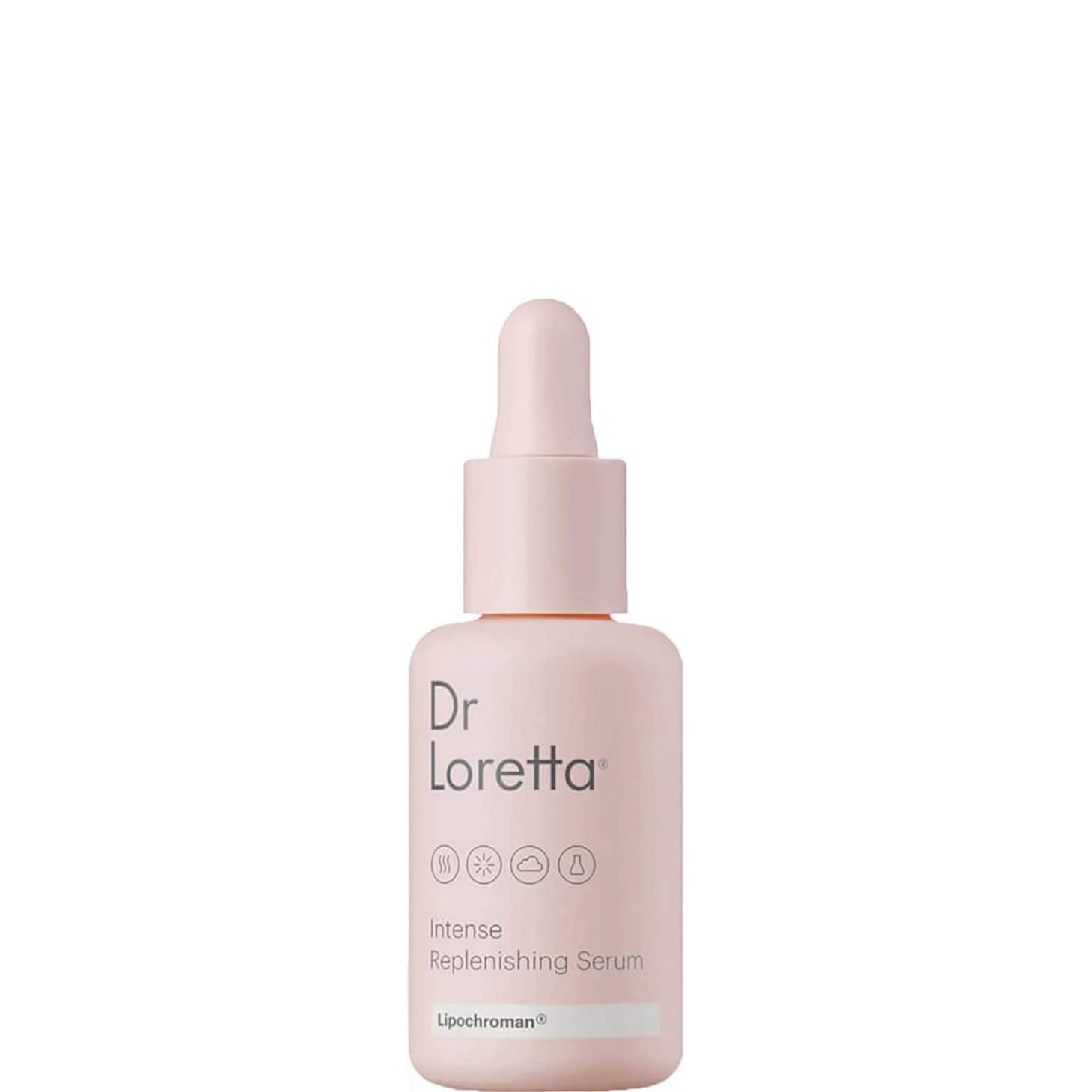The Plant-Based Fat That Can Help You Live Longer Is Also Great for Strengthening Your Skin Barrier
Blame the avocado craze of the past 2010s, but most of us are now well aware of just how essential "good fats" are for our bodies. And while including them in your diet is great (they're an A+ source of energy, can be beneficial to our cardiovascular health, and even help us live longer), there's also a whole host of benefits that can come from slathering them on your skin. And that's where linoleic acid comes in.
Linoleic acid is an essential omega-6 fatty acid known as "vitamin F, for 'fat,'" says SkinSpirit physician Linne Linder, ND. It's found in plant-based oils, including hemp seed, sunflower seed, grapeseed, argan, evening primrose, sesame seed, pumpkin seed, sweet almond, and prickly pear.
- Hadley King, MD, board-certified dermatologist and clinical instructor of dermatology at Weill Medical College of Cornell University
- Loretta Ciraldo, MD, FAAD, board-certified dermatologist and founder of Dr. Loretta Skincare
Dr. Linder explains that your body uses the ingredient to create two different types of lipids that your skin needs to function optimally: Ceramides, the "building blocks" of your barrier that help fill the gaps between skin cells; and Prostaglandins, which control inflammation help your tissues heal from injury.
"Linoleic acid is very nourishing for the skin," says celebrity aesthetician and dermatological nurse Natalie Aguilar. "I like to think of it as the fatty cushion that prevents water loss while giving the skin a supple bounce with antioxidant protection."
The benefits of linoleic acid for skin
1. Fortifies the skin barrier
A well-functioning skin barrier is the cornerstone of healthy skin, and linoleic acid's greatest asset is its ability to help keep yours strong. Thanks to the fact that it catalyzes your body to produce skin-similar lipids, "it helps to support and repair the skin barrier, increasing skin's moisture and increasing elasticity and softness,” says Hadley King, MD, a board-certified dermatologist based in NYC. “Because it strengthens cell membranes, linoleic acid is a prime protector of the skin barrier,” adds Dr. Linder. It also helps defend your complexion against environmental aggressors, like pollution and UV damage, and prevents irritation.
{{post.sponsorText}}
2. Aids in hydration
"When you protect the skin barrier, you help keep moisture in and prevent the dryness of skin," says Dr. Linder, which explains why topical linoleic acid can be helpful for hydration. More specifically, "linoleic acid is hydrating because it helps lessen transepidermal water loss, which is the escape of water from our skin,” says Dr. Loretta Ciraldo, MD FAAD, Miami-based board-certified dermatologist and founder of Dr. Loretta skincare. In other words, a strong skin barrier helps to lock moisture under the surface of your skin, which keeps your complexion from drying out.
3. Brightens skin
Linoleic acid helps to stimulate cellular turnover, which brings healthy, new cells to the surface of your skin to replace dead, dull ones. Through this process, "it increases skin luminosity and softens texture,” says Dr. Ciraldo, and "keeps skin softer and smoother looking," adds Dr. Linder.
4. Controls acne
Acneic skin is typically associated with low levels of linoleic acid, and adding the ingredient into your routine topically can help clear things up. “Because this fatty acid is an anti-inflammatory agent, it is good for alleviating acne," says Dr. Linder. It keeps sebum soft and prevents the hardening of sebum so that comedones—or clogged pores—do not form as readily. In essence, this sebum-softening mechanism can help to keep pores clear.”
5. Reduces irritation
What's great about linoleic acid is that it plays nicely with other ingredients, and can be used alongside more intense actives to help keep your skin calm. "I advise you to incorporate it into your skincare regimen since it helps to alleviate dryness and irritation that we can experience from more aggressive ingredients, like retinoids, AHAs, and glycolic acid,” says Dr. Ciraldo.
6. Healthier hair
Consider this a bonus benefit: According to Dr. King, your strands will love linoleic acid, too. “Research has found that including oleic and linoleic acid in hair care products helps the scalp absorb other ingredients faster and more efficiently,” she says. “Another study found that linoleic acid promotes hair growth by enhancing how hair follicles work and extending their life cycles so that they're able to grow more hair."
Who should use linoleic acid?
The short answer is everyone, because all skin types can benefit from a stronger skin barrier. According to pros, it's safe for all skin types (and can even be used post-procedure and during pregnancy)—but is typically most beneficial for extra-oily or dehydrated complexions.
"Acne-prone skin can especially benefit from this oil's cellular turnover and anti-inflammatory properties,” says Dr. Lindner, adding that it's light enough that you won't have to worry about it clogging your pores. At the other end of the spectrum, a weakened skin barrier is one of the most significant side effects of super-dry skin, and linoleic acid's fortifying properties can help.
That said, “at the end of the day, anyone who wants a healthier, younger-looking complexion will benefit from using linoleic acid to avoid excessive dryness, irritation, inflammation, and rough texture," adds Dr. Lindner.
How to add linoleic acid into your routine
Though linoleic acid will rarely cause irritation (in most cases, it will actually help reduce irritation from other products), be sure to do a patch test before introducing it into your routine. If your skin doesn't react, you're all good to start using it once a day, and as your skin builds up a tolerance, you can begin to apply it in the morning and at night.
Dr. Ciraldo notes that linoleic acid isn't meant to be used as a stand-alone element, and instead suggests looking for formulas that pair the ingredient with hydrating actives, like vitamin E (which also acts as a stabilizer to help the linoleic acid last longer). Below, three products that fit the bill.

“This treatment hydrates, supports the skin barrier, helps to lock in moisture, and has even been shown in clinical studies to reduce the appearance of fine lines,” says Dr. King. “Hyaluronic acid and glycerin help to hydrate the skin through their humectant properties, and cholesterol, ceramides, linoleic and linolenic acids, and squalane provide barrier support.”

“This moisturizer contains ceramides, linoleic acid, and squalane to support the skin barrier, as well as vitamin C and peptides to brighten and tighten,” says Dr. King.

Created by Dr. Ciraldo herself, this serum combines linoleic acid with other barrier-building ingredients (like glycolipids, lecithin, and linoleic acid) to trap moisture under your skin and leave your complexion hydrated. It’s also got vitamin E for a little extra nourishment and stabilization.
Want even more beauty intel from our editors? Follow our Fineprint Instagram account) for must-know tips and tricks.
Loading More Posts...